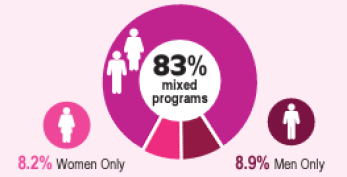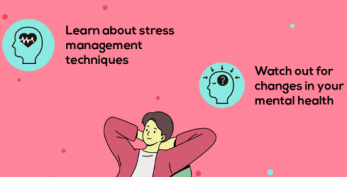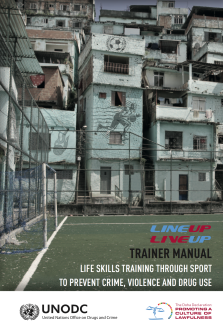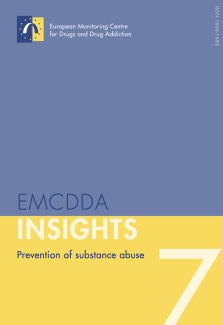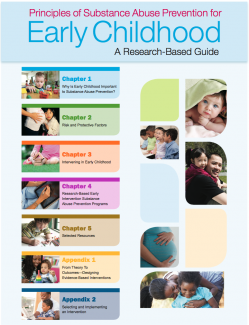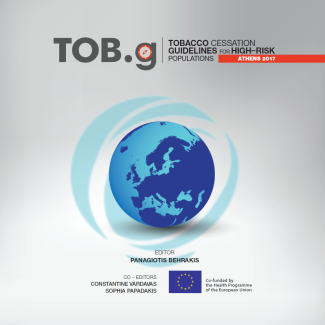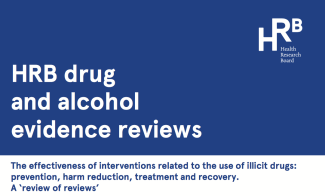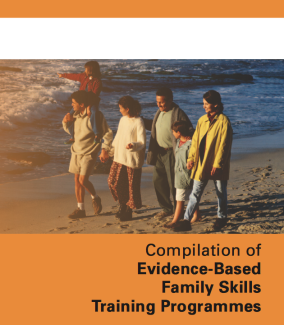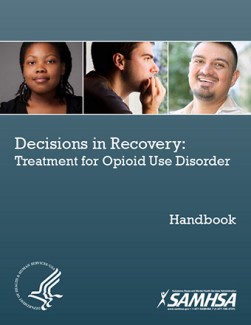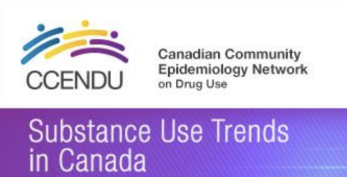
Search
Treatment
Applying interventions designed to reduce and manage the symptoms of substance use disorders.
Energy Drinks, Drug Use and the Developing Brain
New research funded by the National Institute on Drug Abuse (NIDA) has found that university students who regularly consume energy drinks are more likely to develop alcohol use disorders later in life. The same students are also at greater...
How States Are Tackling the Opioid Crisis
Drug Matrix Cell A1: Interventions - Ways to Reduce the Harm
Initiates a fortnightly course on the evidence base for harm reduction and treatment in relation to illegal drugs. Comprehensively updated, the cell explores key research on interventions to reduce the harms to the user as a result of their...
Smartphone Ownership among US Adult Cigarette Smokers
ABSTRACT
Background: Despite increasing interest in smartphone apps as a platform for delivery of tobacco cessation interventions, no previous studies have evaluated the prevalence and characteristics of smokers who can access smartphone...
Review Article: Recent Insights into Clinical Decision-Making in Severe Alcoholic Hepatitis
Summary
Background
Alcoholic hepatitis is a severe acute manifestation of alcoholic liver disease with a high mortality. Management of patients with this condition has been a matter of controversy for many years; however, recent...
More Reasons to Move: Exercise in the Treatment of Alcohol Use Disorders
Physical exercise is widely regarded as “medicine” for the prevention and treatment of myriad somatic health conditions. Studies also demonstrate that exercise is effective in the treatment of common mental disorders and has a role in the...
Opioid Use and Opioid Use Disorder in Pregnancy
ABSTRACT
Opioid use in pregnancy has escalated dramatically in recent years, paralleling the epidemic observed in the general population. To combat the opioid epidemic, all health care providers need to take an active role. Pregnancy...
Guru dan Pelatih di Jaringan Sosial Remaja Dikaitkan dengan Konsep Diri yang Lebih Sehat dan Penurunan Penggunaan Zat
ABSTRAK
LATAR
Konsep diri akademis yang buruk (misalnya "Saya siswa yang buruk") dan perilaku (misalnya "Saya pembuat onar") sangat terkait dengan penggunaan zat remaja. Jaringan sosial kemungkinan mempengaruhi konsep diri. Namun...
Drugs, Brains and Behavior: The Science of Addiction
Since the 1930s, the response to drug addiction has moved from one that focuses on the need to punish users to another that recognises the importance of prevention and treatment approaches.
In other words, thanks to scientific advances...
¿Es posible una lucha real?
Geraldine González Willim es experta en la prevención y el tratamiento de adicciones de drogas legales o ilegales. En esta entrevista, detalla sobre los planes de acción aplicables al Paraguay para luchar contra un flagelo que cada día...
Line Up Live Up Trainer Manual: Preventing Drug Use by Promoting Active Lifestyles
Line Up Live Up is a new United Nations Office on Drugs and Crime (UNODC) Trainer Manual prepared by Peer van der Kreeft of HoGent University College Ghent’s Department for Education, Health and Social Work.
It looks to promote sport and...
Strategies to Facilitate Integrated Care for People with Alcohol and Other Drug Problems
Abstract
Background
There is a growing body of research highlighting the potential benefits of integrated care as a way of addressing the needs of people with alcohol and other drug (AOD) problems, given the broad range of other...
EMCDDA Insights: Prevention of Substance Abuse
Prevention of Substance Abuse by the European Monitoring Centre for Drugs and Drug Addiction (EMCDDA) is a report that draws on evidence-based research to assess substance use prevention interventions, in terms of their ability to...
Principles of Substance Abuse Prevention for Early Childhood
The National Institute on Drug Abuse’s (NIDA) Principles of Substance Abuse Prevention for Early Childhood (2017) is a special volume that supplements the organisation’s Preventing Drug Abuse Among Children and Adolescents, released in 2003...
Equipping Community Pharmacy Workers as Agents for Health Behaviour Change
Abstract
Objective: To develop a complex intervention for community pharmacy staff to promote uptake of smoking cessation services and to increase quit rates.
Design: Following the Medical Research Council framework, we used a mixed...
Tobacco Cessation Guidelines for High Risk Populations
The book “Tobacco Cessation Guidelines for High Risk Populations” is the main result of the TOB.g partnership, coordinated by the Hellenic Center for Disease Control & Prevention and consisted of four partners and specifically ENSP, CMT...
Use and Knowledge of Contraceptive Methods by Patients in Two Substance Use Disorders Treatment Centers in Paris
Abstract
Background
Studies on contraceptive use by patients with substance use disorders (SUD) show a concerning low use of contraception. Mainly conducted in USA, they could be irrelevant to patients attending European SUD treatment...
The Effectiveness of Illegal Drug Interventions
This Health Research Board document reviews evidence on the effectiveness of interventions in the areas of prevention, harm reduction and long-term recovery from addiction to illegal drugs.
It asks which interventions are effective for:
...Compilation of Evidence-Based Family Skills Training Programmes
The United Nations Office on Drugs and Crime’s (UNODC) Compilation of Evidence-Based Family Skills Training Programmes offers a treasure trove of information on such initiatives, answering key questions like:
- Who is the target group?
- W...
Decisions in Recovery: Treatment for Opioid Use Disorder
This handbook provides guidance on using the web-based, multimedia tool 'Decisions in Recovery: Medications for Opioid Addiction'. This handbook and the web-based tool offer information about medication-assisted treatment. Both resources...
Share the Knowledge: ISSUP members can post in the Knowledge Share – Sign in or become a member
